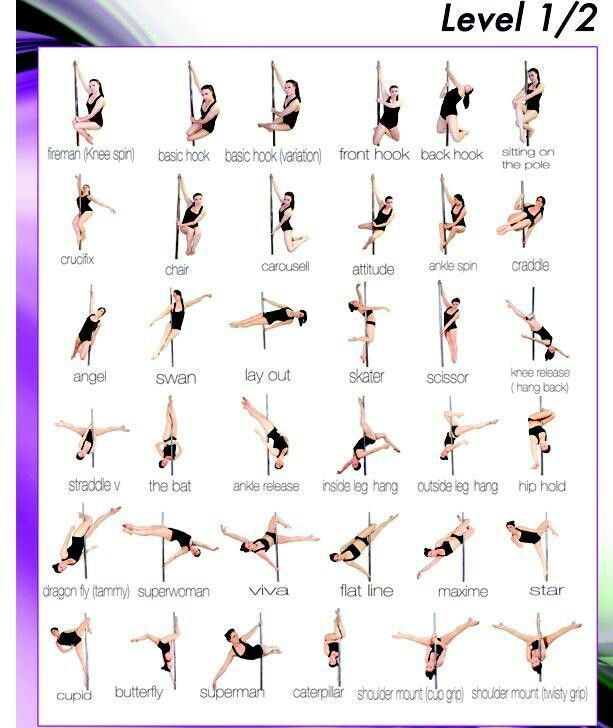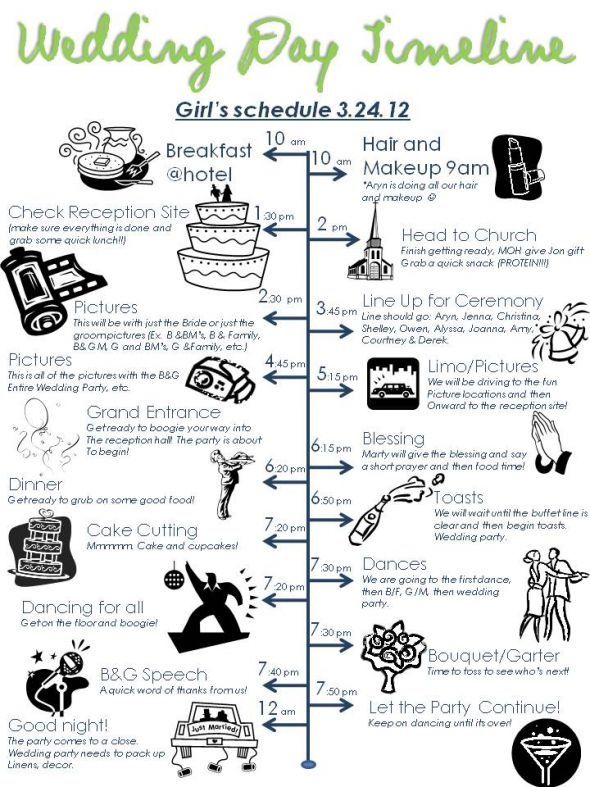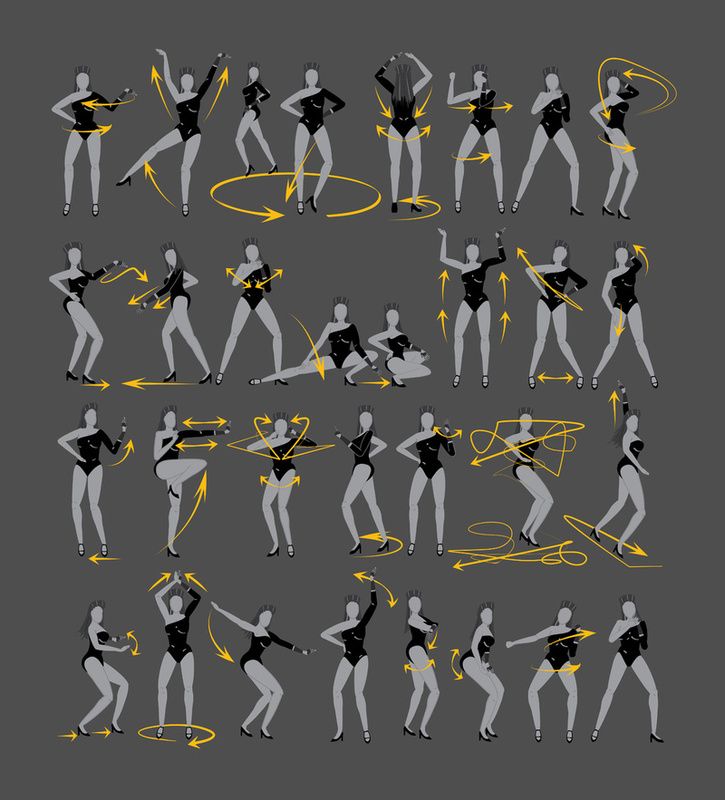How to organize a dance competition
How to Organize a Dance Competition
Dance competitions are a great place for dancers to showcase their talent, while meeting other dancers and growing their community. Dance studios looking for dance school marketing ideas have a number of potential avenues to pursue, including hosting dance competitions.
We think it’s one of the best ways for you to boost your brand’s visibility, for a number of reasons. It’s a great opportunity for cross-promotions and partnerships, getting noticed on social media, and growing your local dance community. While organizing a dance competition is no walk in the park, if you can pull it off, it will be a great step forward for your business’ exposure. Here are some things to think about, when creating and managing a dance competition to grow your school.
RELATED: Growing your Dance Studio on a Budget
Do your ResearchFirst, look around at the other relevant dance competitions, so you can do some market research. Depending on the caliber of your dancers and the types of competitions they attend, you may have to look at local, state, national or international dance competitions. What are the fees for dance schools, participants and guests, in your area? Do they provide refreshments for guests? What do they do well and what could they improve on?
Ask your dancers who have spent a lot of time in competitions, to see what to do and what not to do, when running competitions. If you are located in a major city, you will likely know a few dancers who have traveled and competed internationally – an excellent knowledge and experience base.
E-BOOK: 6 Key Features of a Membership Management Solution
Organize and Plan
Once you’ve figured out who you would like to have be a part of the organizing committee and you’ve crafted an overall vision of what you want to see at your dance competition, you’ll have to figure out how to execute. What ticket sale platform will you be using? How will you deal with a large number of guests during intermissions, food and washroom breaks? Where are you sourcing trophies or prizes from? Who will be determining timelines and who will enforce them? Don’t forget, if you find event sponsors (a great way to stretch your budget further), they will likely want some input as well.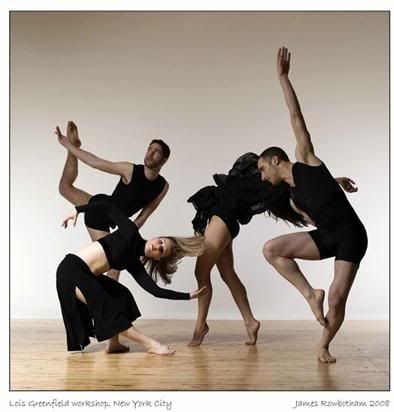
The organizing committee will need to examine all of these factors, in order to determine the best way to make the completion fun and talent-filled, while running efficiently. If you’re organized from the get-go, you increase your chances of things going smoothly and people enjoying themselves.
Social Media Is King
Social media marketing should be a cornerstone to any business, along with an overall digital marketing plan. Engagement is what you’re looking for and a successful, social media-friendly dance competition should help produce a ton of that. You can encourage people to correctly tag your school and hashtags, by having your MC mention it, as well as having it on pamphlets and posters. Capitalizing on the new Facebook Live and Instagram Live features can also be great way to further spread your message. You can even purchase a custom Snapchat filter, so all of the snaps can have your branding on it; just make sure it looks on-brand and doesn’t get in the way of the subject (or people won’t use it!)
Find Sponsors and PartnersWhile running a dance competition is one of the best dance school marketing ideas, it’s not cheap.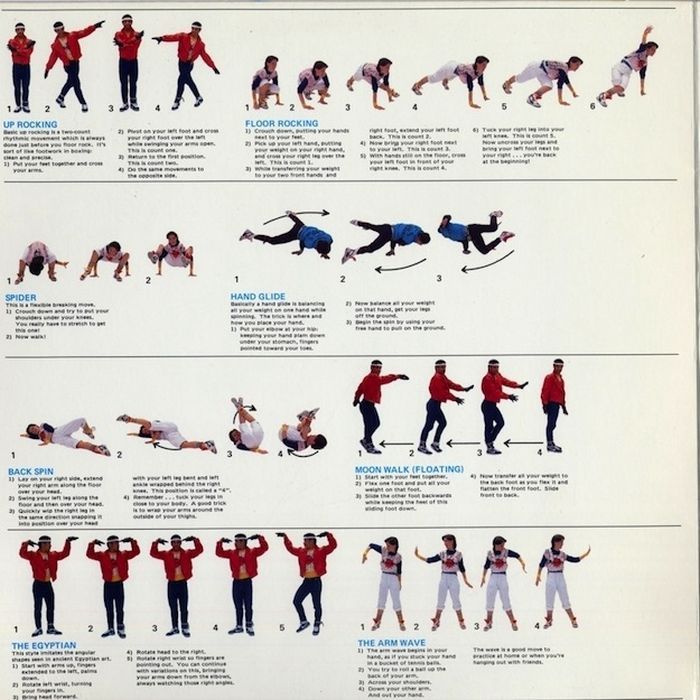 You will have to pay for the venue, vendors, organizers, staff, trophies and more. To help you cover the costs and to possibly turn a bit of a profit, you’ll need sponsors. Make a list of businesses that share a similar target demographic as your dance school, without them being a competitor — juice bars, athletic wear shops, yoga studios, and lifestyle brands are just a few potential examples.
You will have to pay for the venue, vendors, organizers, staff, trophies and more. To help you cover the costs and to possibly turn a bit of a profit, you’ll need sponsors. Make a list of businesses that share a similar target demographic as your dance school, without them being a competitor — juice bars, athletic wear shops, yoga studios, and lifestyle brands are just a few potential examples.
You’ll have to provide incentives for them to join, which means you’ll need to find an accurate projection of the number of eyes that will see the sponsor’s logo and/or information. Don’t forget to contact the media, so you can create even more publicity under this dance school marketing idea.
PerfectMind's dance studio management software helps you grow your student base, team, and business efficiently. Investing in PerfectMind’s PaaS solution means there is no software installation or hardware required. You also don’t pay extra for updates we release each quarter. Our cloud-based solution allows organizations to scale faster and more efficiently.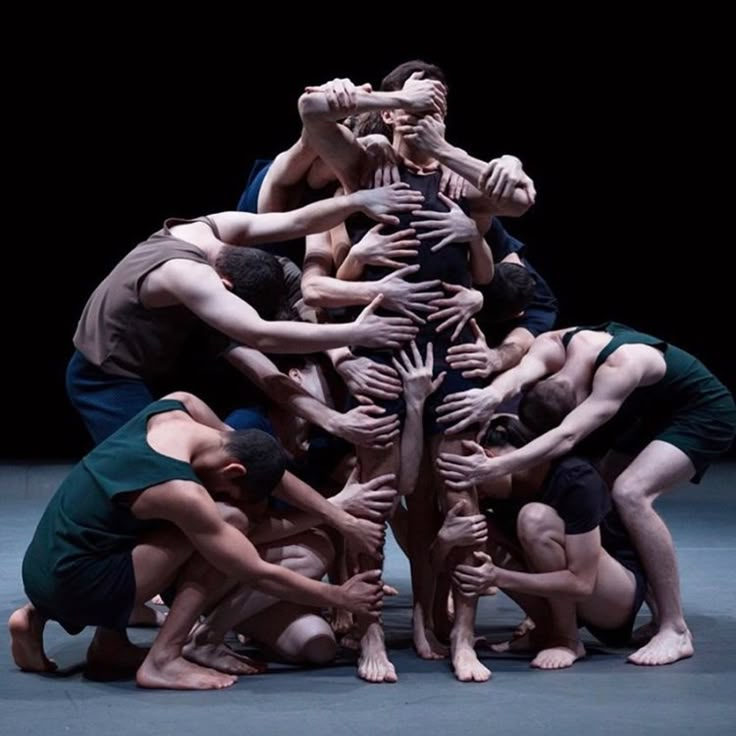 Learn more about our dance school software solutions now!
Learn more about our dance school software solutions now!
How to Stay Organized at Dance Competitions – Inspirations Dancewear Canada
HAPPY HOLIDAYS! Free shipping on orders over *$150
{{ it.product_title }} {{ @if (it.variation) }} {{ it.variation }} {{ /if}} {{* it.price_formatted }} {{ @if (it.unit_price) }} {{* it.unit_price }} {{ /if}}
Posted in: Dance News & How To's 0 comments
A dance competition can be a hectic place to be, so eliminating extra stressors like disorganization is important in helping things run as smoothly as possible. In this post, we’ll be taking a look at some ways to stay organized at competition so you can focus on having a great time and doing your best.
Makeup Organization
Makeup Bags
Makeup typically comes in small packaging and in many pieces, so it’s a good idea to use an organizer to keep everything in one place and easy to find. For small to moderate amounts of makeup, something like the Yofi Makeup Stage Bag is a lifesaver for a number of reasons. It’s compact, so it won’t take up much space and can be easily slipped into a larger bag alongside costumes and shoes. The bag is also clear so you can identify what’s inside with an easy glance.
For small to moderate amounts of makeup, something like the Yofi Makeup Stage Bag is a lifesaver for a number of reasons. It’s compact, so it won’t take up much space and can be easily slipped into a larger bag alongside costumes and shoes. The bag is also clear so you can identify what’s inside with an easy glance.
Makeup Cases
If you have a moderate to large amount of makeup that needs to come with you to competition, consider a makeup case. Caboodles makes a series of heavy-duty organizers with drawers and compartments that ensure your makeup will be easy to find when you need it.
Costume Organization
Garment Bag
If you ask any experienced dance mom, they’ll probably tell you that having clear garment bags for competition helps make life so much easier. These sturdy bags make it easy to see what’s inside each garment bag so you can line them up in the order that you’ll need them for each day. They also come with small pockets where you can keep any corresponding jewellery or hair pieces that go with that dance.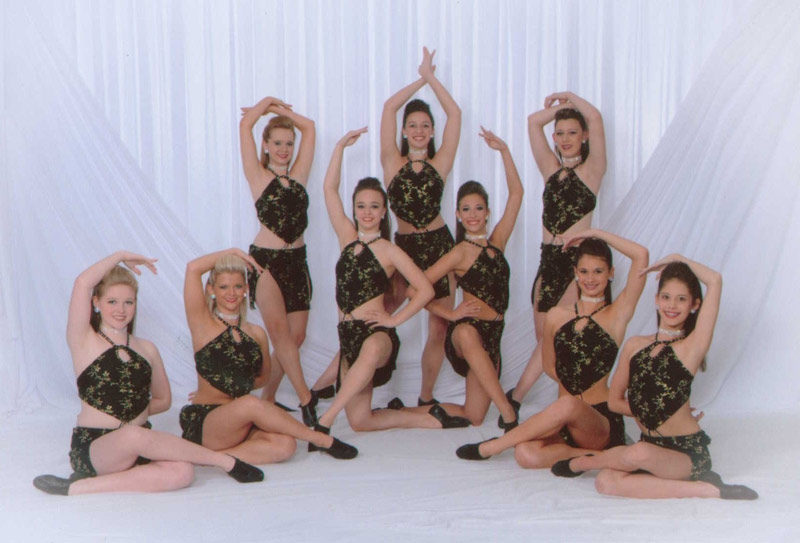
Rolling Dance Bag
Using a rolling dance bag like the GRIT Dance Tower or a Rac N Roll makes it easy to pack everything you need up into an easy-to-transport bag. These bags can fit up to 15 costumes inside at a time, so you can be sure to have everything you’ll need for a day of competition. Complete with inner pockets and zips, these are the ultimate dance tool to help you stay on top of the action.
Hopefully that gave you some ideas on how to stay organized at a dance competition. If you have any questions about dancewear, feel free to reach out and get in touch with one of our dancewear experts.
Shop dance bags and organizers.
Tags: Dance Competition, Dance Essentials, Get Organized
Previous Post Next Post
Tweet SharePin
Back to Dance News & How To's
How to organize your own festival • IMI instructions
Is it possible to organize a festival on your own without a big budget and the support of eminent sponsors? Yulia Ryabova, IMI editor and co-organizer of the Utrennik indie festival, discussed the key aspects of preparing a DIY festival and important points that organizers should remember in order to avoid mistakes. Matinee took place on September 7, 2019 in Voronezh: ten artists performed on two stages, including RSAC, AIGEL, Komsomolsk, Hadn dadn and other groups. The event was attended by over 700 spectators.
Matinee took place on September 7, 2019 in Voronezh: ten artists performed on two stages, including RSAC, AIGEL, Komsomolsk, Hadn dadn and other groups. The event was attended by over 700 spectators.
Before you start preparing
Decide on the concept and positioning of the festival. How do you see your festival - will it be an open-air or a series of concerts at different venues, what genres do you prefer in the line-up, how many stages do you want to use, do you need a food court and a bar, how many spectators will your venue accommodate.
Estimate the intended audience of your festival: analyze what music is popular in the region, how widespread the culture of attending events is, whether your festival has competitors, how solvent your potential visitors are and what minimum attendance you can expect. Without doing this, it makes no sense to proceed with further steps: without at least an approximate calculation of the target audience, you risk losing money by making a big event for a small number of people.
Gather the festival team, agree on working conditions “ashore” and be sure to fix them legally – even if you work with friends. Start with a small team of like-minded people - as the festival prepares, you can expand your staff if necessary. Write down in the contract the responsibility of each party, the terms of cooperation and the deadlines for completing the tasks. The festival is a large-scale event, literally scheduled by the minute: the less uncertainty you and your team have, the higher the likelihood that everything will go smoothly, and you will not only recoup your costs, but also get a profit.
Register a legal entity - a simple IP will be enough. The status of a legal entity is necessary for concluding most agreements: from contracts with team members and technical contractors to signing documents for performing with artists.
First steps
After making sure that your festival will find its audience, and the team will approach its organization with all responsibility, you can start choosing a suitable venue. Do not forget that the site is not only space. This is also the cost of security, construction of stages, creation of the infrastructure of the festival and communication. Explore all possible options - as a rule, it is not always possible to rent a dream venue, be prepared to compromise with your desires, based on the budget of the event and available locations.
Do not forget that the site is not only space. This is also the cost of security, construction of stages, creation of the infrastructure of the festival and communication. Explore all possible options - as a rule, it is not always possible to rent a dream venue, be prepared to compromise with your desires, based on the budget of the event and available locations.
Select dates for the festival. Consider all possible factors: overlap in time with other entertainment events relevant to your audience, the holiday season when potential viewers may leave, city holidays. Also check local laws on how to hold mass events and silence - in some regions, noise is allowed until 23:00, in others - until 22:00.
Make a long list of artists you would like to invite to the festival. Rank the list according to the popularity of the selected musicians, select possible headliners, performers opening the festival and artists who will form the main backbone of the festival. Contact their managers and ask for the conditions under which they agree to speak on the dates you named, as well as technical and household riders.
Calculate how much it will cost you to organize a festival with all possible options for choosing a venue and lineup variations. Estimate how many tickets at what price you need to sell in order to break even and make money. After comparing the results with your resources, decide on the venue and lineup. Be sure to record the agreements and prepayments made with the landlord, stage and infrastructure contractors and musicians legally.
Learn more about which festivals an artist can perform at and what documents a musician needs to perform at the New Music Industry online educational intensive starting on July 20. Limited number of seats.
Set up a payment schedule
In the process of preparing the festival, you will spend money on its organization and at the same time make a profit from ticket sales. If you are holding a festival for the first time, it does not have an established audience for years or a superheadliner that will attract thousands of listeners, you should not count on sales in the first weeks after the announcement, just as you should not count on instant profit from early bird tickets: not all viewers ready to buy a pig in a poke. Be prepared to invest your own money early on until the public learns more about your festival and starts buying tickets.
Be prepared to invest your own money early on until the public learns more about your festival and starts buying tickets.
Make a payment schedule: fix for yourself the exact amounts and dates on which you are obliged to pay landlords, contractors and artists, according to the agreements concluded. This will allow you to evenly distribute expenses and avoid embarrassing requests to reschedule a payment.
Performance of the duet "AIGEL" at the festival "Utrennik". Photo: Evgenia NebolsinaSet up the ticket sales process
Perhaps the most convenient way to sell tickets for both the viewer and the organizer is electronic. But before setting up a festival page on one of the online sales platforms, explore all the options: different sites place e-tickets under different conditions. Ticketscloud, Radario, Timepad, Qtickets — there are dozens of such companies on the market of ticket operators today: some simply provide a sales page, others supplement the service with a set of promotional services, and still others work on a subscription system and will be convenient for organizers of recurring monthly events.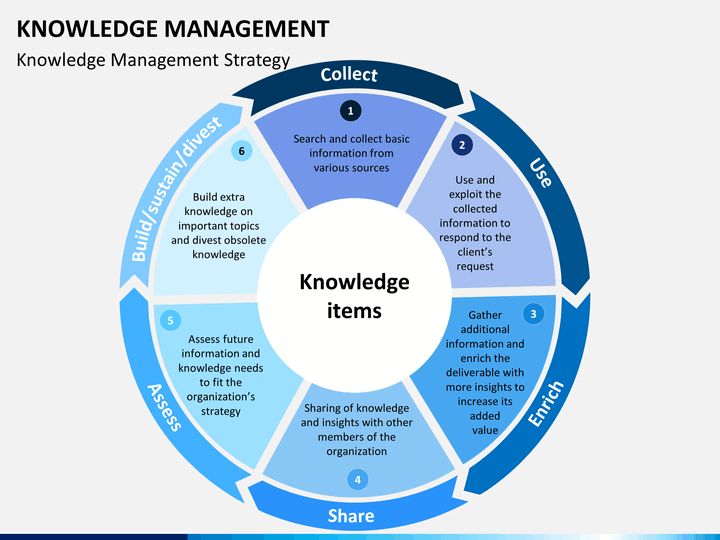
Sign an agreement with the chosen service and set up a transparent process for withdrawing money for purchased tickets from your account - all your income must be recorded in the expense-income table for greater clarity and understanding of the current financial situation of the organizing team.
Think about sponsors
Support of sponsors will help pay for the costs of organizing and holding the festival. Think about what companies might be interested in participating in your event and what you can offer them. Before contacting representatives of your chosen brands, prepare a commercial proposal for the festival - a presentation in which you talk about your event in terms of business indicators: describe the age, demographics, interests and solvency of your target audience, indicate the predicted number of viewers that you plan attract, explain why your festival may be of interest to investors as a point of contact with new consumers of their products, and indicate the cost of cooperation - from free media partnership to stage branding and other custom opportunities on a commercial basis.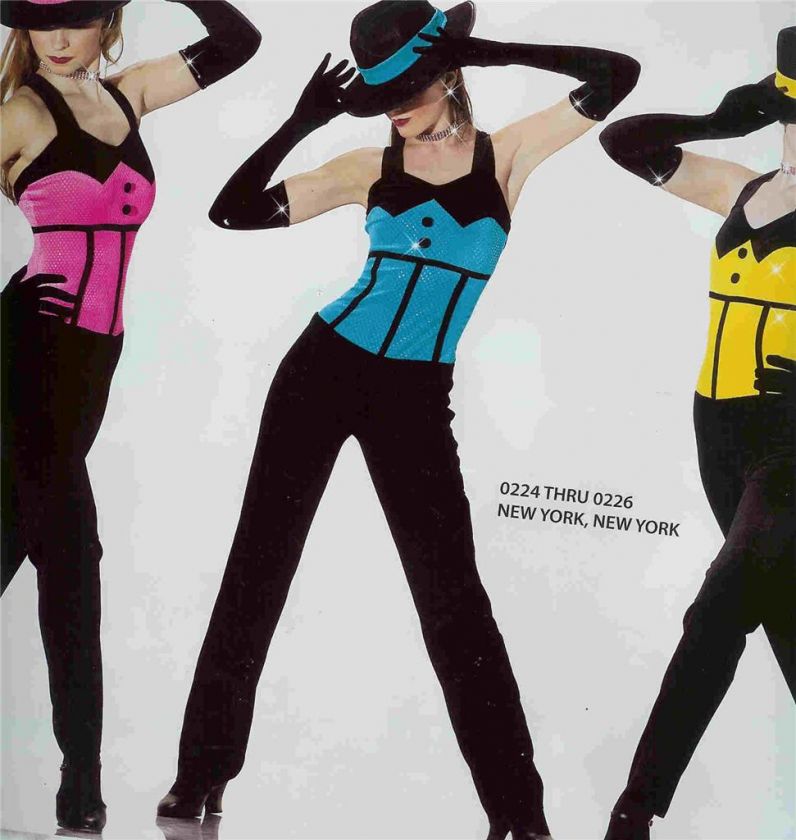
Talk to potential sponsors well in advance: budgets for marketing and similar activities are usually set at the beginning of the year - even if your proposal is interesting, it is not certain that you will be able to jump on the last car. Also keep in mind that brands can provide not only financial support, but also cooperate with you through barter: for example, in exchange for a branded area on the site. Sometimes partners offer free products for festival guests, thus helping to create the infrastructure of the event.
Mariya Parkhacheva, Director of Commercial Partners at Dikaya Mint, spoke during the webinar about how to attract commercial partners to cooperate on the music festival in times of crisis.
Think over the infrastructure of the site
The festival is not only music: hundreds of spectators will be on your site for several hours, who need to ensure a comfortable stay. Draw a diagram of the chosen location: where the stage (or stages) will be equipped, where it is better to put toilets and how many of them should be based on the estimated number of spectators, at what point you will locate the food court and bar, is it advisable to build a market for merchandise and goods of local brands and what areas you can offer for sponsorship activities.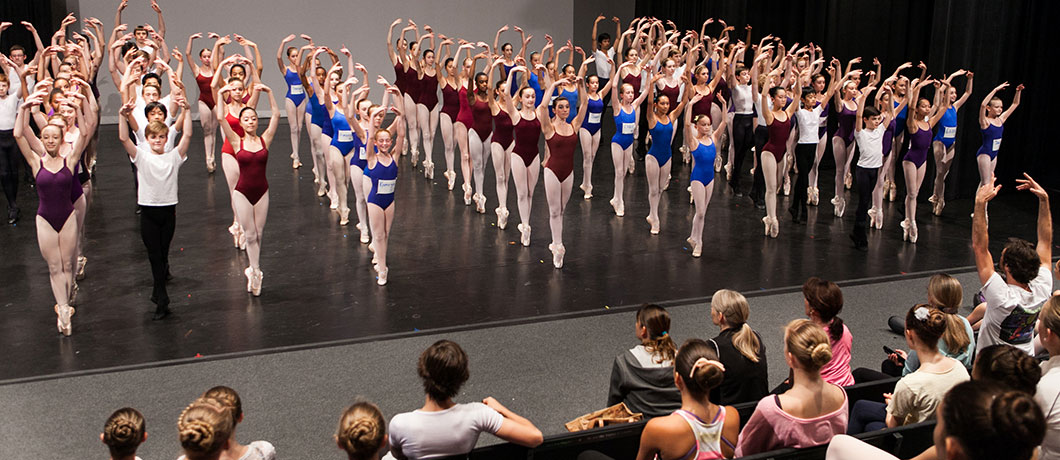 Do not forget that the comfort of the spectator plays a priority task in the process of planning the festival site: the zones must be arranged so that the visitor's routes are simple and understandable.
Do not forget that the comfort of the spectator plays a priority task in the process of planning the festival site: the zones must be arranged so that the visitor's routes are simple and understandable.
If you are renting an empty open air venue, you will also need to hire security for the duration of the festival, starting with the artists' soundcheck. There are many private security companies in the security market today - choose the option that suits you best and remember to include these costs in your budget and payment schedule. Renting an ambulance and paying for a paramedic shift is another important item that should be on your checklist. Participant safety is paramount.
Bar and food court - areas that you can close through partnerships with local establishments or commercial placement on the site for a fixed amount or percentage. When choosing food partners, please note that the menu of the restaurants you choose should include "convenient" dishes that can be quickly eaten in the conditions of the festival.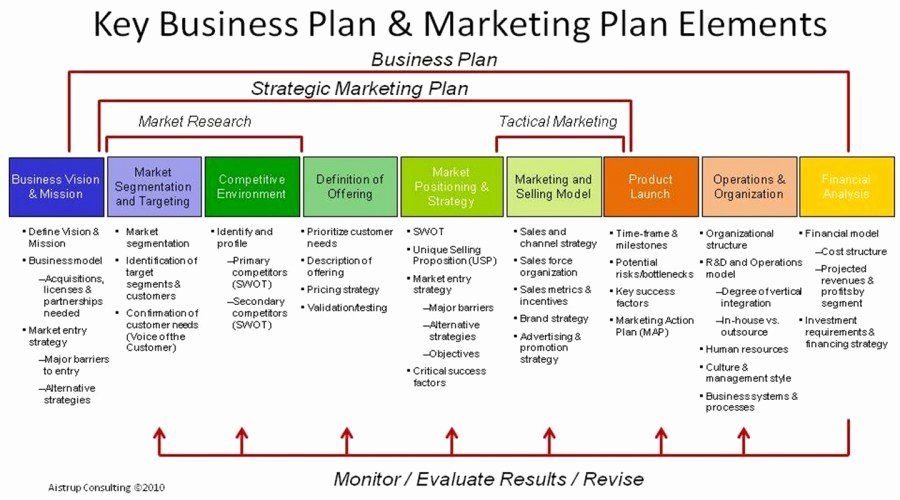 When negotiating a bar on site, remember that it is against the law to sell alcohol without a proper license. Therefore, if you do not have an exit license to sell alcohol, get a partner who agrees to sell drinks on terms agreed with you.
When negotiating a bar on site, remember that it is against the law to sell alcohol without a proper license. Therefore, if you do not have an exit license to sell alcohol, get a partner who agrees to sell drinks on terms agreed with you.
Distribute roles within the team
Responsible and efficient management is the key to the success of any event. Everyone should not do everything: when you have recruited a team and plan to conclude an agreement with each participant, clearly allocate responsibilities and fix them. At a minimum, you need a specialist who will be responsible for the functioning of the stages, a marketer to organize partnerships and promotion of the festival, a person responsible for the infrastructure and work with volunteers, and several team members who will be responsible for booking artists and accompanying them on the day of the festival. The tasks of designing, setting up advertisements, building stages and other similar tasks can usually be outsourced to contractors, but in any case, there must be a person within the team to monitor the implementation of tasks and meeting deadlines.
Undoubtedly, in conditions of limitations, one person can combine several functions at once. The distribution of these tasks largely depends on the scale of the festival, so when discussing the roles within the team, first of all, start from the minimum necessary to implement the plan.
Performance of the group "Another thing" at the festival "Utrennik". Photo: Evgenia NebolsinaPromo of the festival
No matter how good the lineup, food court and entertainment area are, no one will know about them without a competent promo. Be sure to start the festival channels in social networks, estimate, based on your budget, how much you are willing to spend on targeting and posting announcements in thematic telegram channels, with relevant bloggers and groups on VKontakte. Think about what media is important for you to appear in, whether you need outdoor advertising, and which of these you can close through barter - for free tickets - or on the basis of friendly relations with administrators. Find photographers and videographers in advance who are ready to shoot on the day of the festival - these materials will be useful to you after the event.
Find photographers and videographers in advance who are ready to shoot on the day of the festival - these materials will be useful to you after the event.
Do not forget that promotional activity must be maintained constantly, therefore, before starting channels in social networks, write down a content plan for each site. Estimate how many posts per week you are ready to make, on what dates you should distribute the announcements of lineup participants, select a place in the grid of posts for partner publications, develop mechanics in advance to attract subscribers to the public and increase user activity (for example, contests or surveys). Ask the artists participating in the festival to record video invitations to their sets during the festival and publish them, including on their channels. The more people talk about your festival, the better. And be sure to attach a link to online ticket sales to every post (and don't forget to include this information in your profile descriptions).
On the day of the festival - what is important to remember
When the site is ready, each member of the team knows their tasks, and tickets for the festival are sold out, the very day comes. Remember that it's too early to rejoice - you should not start celebrating success in the morning, even if you have a soldout. On the day of the festival, you must keep a sober mind and be able to quickly respond to any unforeseen situations - and without them, as a rule, not a single event can do.
Make sure all team members and volunteers have their phones charged and have full power banks with them - you need to be in touch at all times. Dress comfortably, take a bottle of water with you, give all participants a clear timeline of the festival and a schedule for completing their tasks. Conduct a briefing for stage managers, security guards and volunteers, explain what to do if the situation gets out of control for some reason. Place payment points at the entrance for those who did not have time to buy a ticket in presale.
The main thing to remember on this day is that not a single festival goes perfectly, but if the organizers are well prepared, no one will notice mistakes except them.
Post-promo
Your festival has died down with success, but it's too early to relax. Post-promo is no less important stage than just the promo of the festival, it is a reserve for the future, a colorful story about how it was, for those who missed everything. Publish photo reports, remind the media with which you have agreed on a report that you are waiting for texts, post reviews on social networks and fix all these materials in a commercial offer for festival partners for the next year.
What else to read and see about the preparation of the festival
- Webinar of the Director for work with commercial partners at the festivals "Wild mint" and "SKY: theory and practice" Maria Parkhacheva on how to attract commercial partners to cooperate on a music festival in a crisis.
- Webinar by Nick Babin, program and booking director of the Bosco Fresh Fest, about how the Chess & Jazz festival was created - from concept to implementation of the idea.
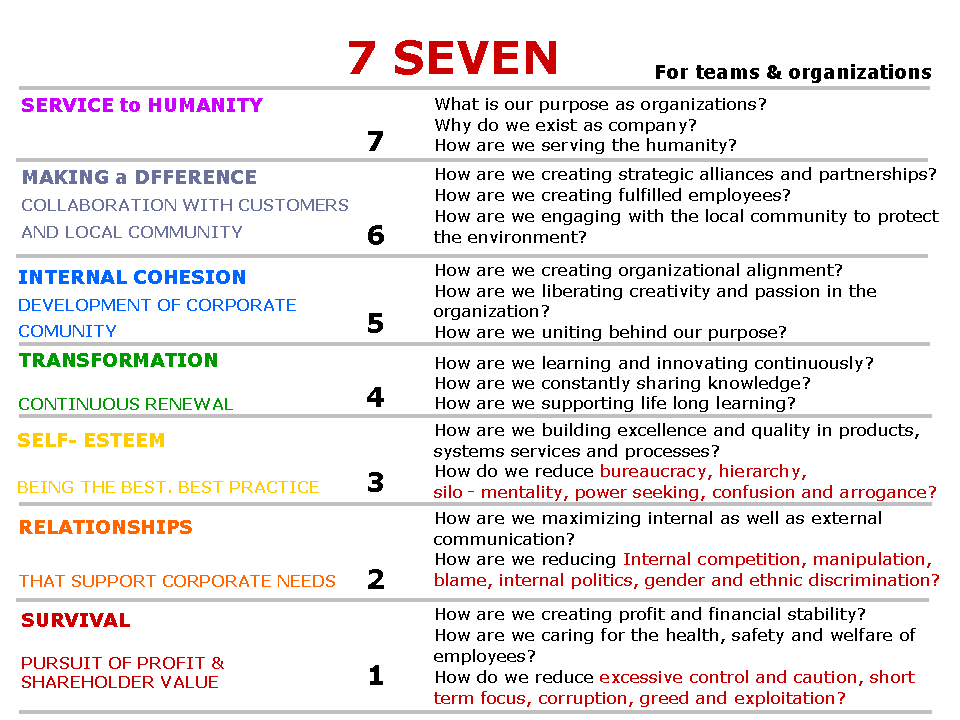
- The experience of the organizers of the charity music festival Camerata Fest in Yerevan.
- The history of Sadwave Fest DIY festivals from co-organizers Maxim Dinkevich and Anna Gavrilova.
- Interview with promoter Ilya Bortnyuk about how the Stereoleto festival is organized.
- Material about how the Wild Mint festival works.
How to organize a festival? Instructions for use | Culture
The very first festivals were musical ones, and they appeared in England. Over time, the popularity of organizing festivals has been gaining momentum, and today a huge range of festival activities is brought to our attention.
Movie connoisseurs can visit film festivals interested in theater - festivals of theatrical art, for gourmets who are addicted to delicious food and drinks, festivals of national cuisine are organized. In addition, flower festivals, psychological, historical, ethnic, dance, children's art, esoteric and even an international festival of Cuban cigars or a beautiful birth festival in Australia are invented and are being held ...
In addition, flower festivals, psychological, historical, ethnic, dance, children's art, esoteric and even an international festival of Cuban cigars or a beautiful birth festival in Australia are invented and are being held ...
Whatever it was, but any festival is a large-scale event with the participation of a large number of people, attracting media attention. That is why the organization of festivals is often used as an effective PR company. In addition, festivals make a significant contribution to the social and economic life of the region where they are held. Understanding this, local authorities support festival events in every possible way, receiving considerable indirect profit from their holding. The festival is a large-scale event with the participation of a large number of people, attracting media attention
Photo: Depositphotos
For participants, festivals are an opportunity to present their ideas, show their achievements in a particular field of activity, as well as get acquainted with the ideas of others and, of course, get a professional assessment of the work done.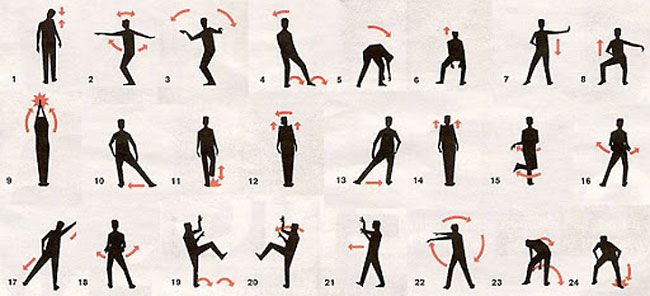 For viewers, this is a great chance to plunge into the atmosphere of celebration, learn something new, meet interesting people. But all this would not have been possible without the organizers of festivals, for whom the universal love for large-scale events makes it possible to increase their income.
For viewers, this is a great chance to plunge into the atmosphere of celebration, learn something new, meet interesting people. But all this would not have been possible without the organizers of festivals, for whom the universal love for large-scale events makes it possible to increase their income.
And in order for the organization of the festival to bring the expected result, it is necessary to carefully prepare, taking into account all the nuances. Here are some helpful tips to make the process easier.
Preparation for the festival:
1. Defining the direction, goals and objectives of the festival.
Once you have an idea to organize a festival dedicated to a certain topic, consider what results you expect from the planned event.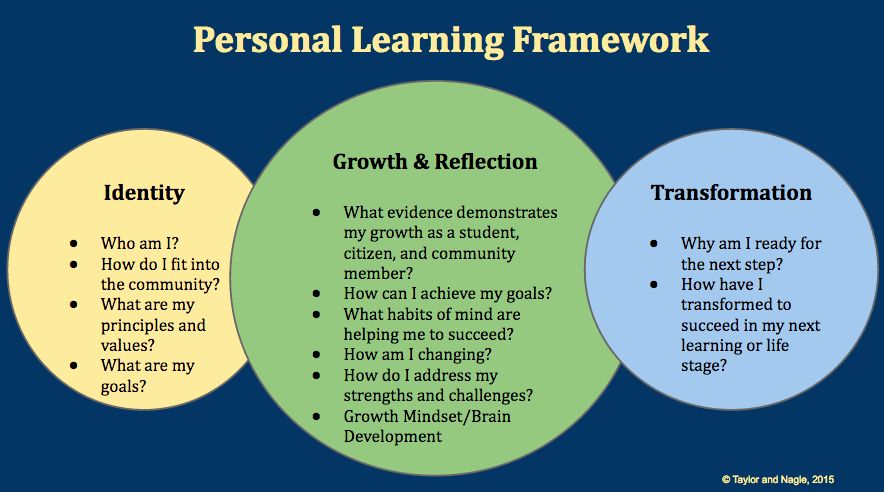 It will depend on how exactly the participants of the festival will present their skills. Perhaps these will be performances with the definition of winners and the presentation of gifts, or perhaps master classes, lectures, round tables or a parade. Most festivals are held in the summer - no issue with accommodation and security
It will depend on how exactly the participants of the festival will present their skills. Perhaps these will be performances with the definition of winners and the presentation of gifts, or perhaps master classes, lectures, round tables or a parade. Most festivals are held in the summer - no issue with accommodation and security
Photo: Depositphotos
2. Choosing a venue.
Nowadays it has become very fashionable to combine festivals with recreation in picturesque nature away from the bustle of the city or on the seashore. This concept attracts a huge number of people who want to visit the festival and combine business with pleasure. Do not forget to think in advance where the guests of the festival will be able to stay.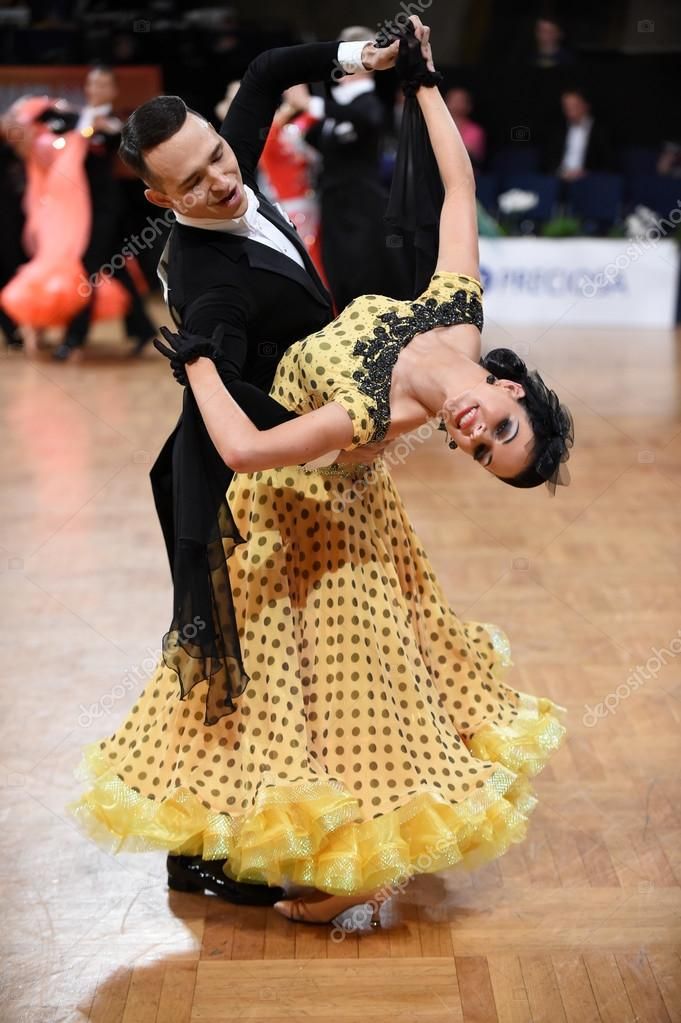 Nearby there should be hotels or boarding houses that can accommodate the planned number of people or campsites are organized.
Nearby there should be hotels or boarding houses that can accommodate the planned number of people or campsites are organized.
3. Getting permission from local authorities.
This is a very important moment! After all, local authorities should, in case of unforeseen circumstances, take care of the safety of guests and participants in a mass event and involve police squads, ambulances and the Ministry of Emergency Situations. In addition, the theme of your festival may not coincide with local traditions and it will be unpleasant to receive a refusal to host a festival when preparations for it are almost over.
4.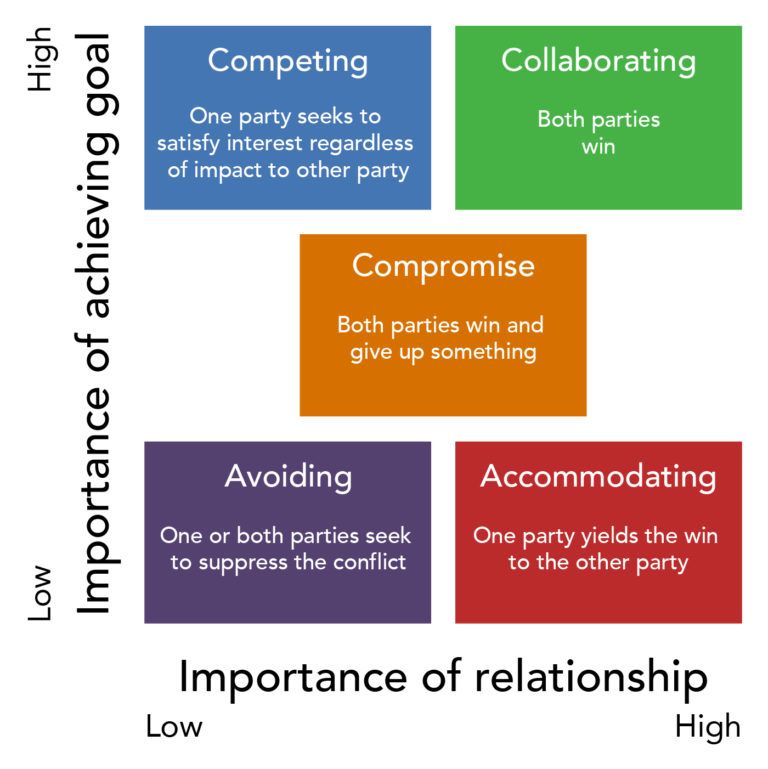 Drawing up a clear action plan.
Drawing up a clear action plan.
Decide on the rules of the festival: opening date, list of main events, entertainment program, closing date and awarding the winners, if such a task was originally set. How big you represent your project will determine its cost. The program must be clearly outlined
Photo: Depositphotos
5. Budget calculation.
Make a detailed budget, which will take into account all the planned costs of organizing a holiday, and start looking for finance for the festival. Sources can be: funds of the organizers, registration fee of participants, proceeds from ticket sales or sponsorship.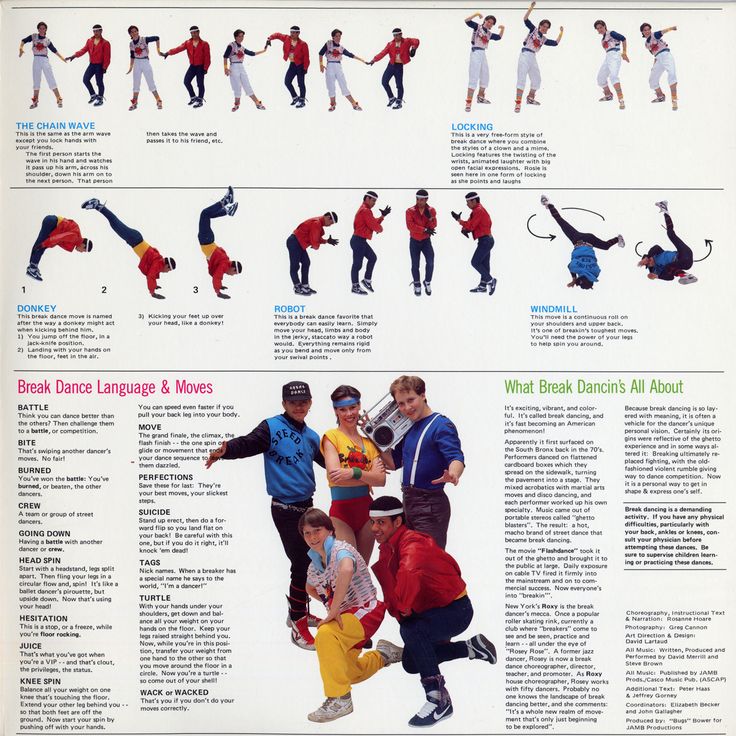
6. Selection and invitation of participants.
Based on the direction of the festival, determine who can participate in it: organizations, individuals or creative teams. You may have restrictions related to the gender and age or geography of participants. After you send them invitations and get a positive response, take care of their meeting and resettlement.
7. Provision of advertising.
Information support is a very important part of the festival activities. The media will help not only announce the upcoming event, but also tell a wide audience about the events taking place at the festival.